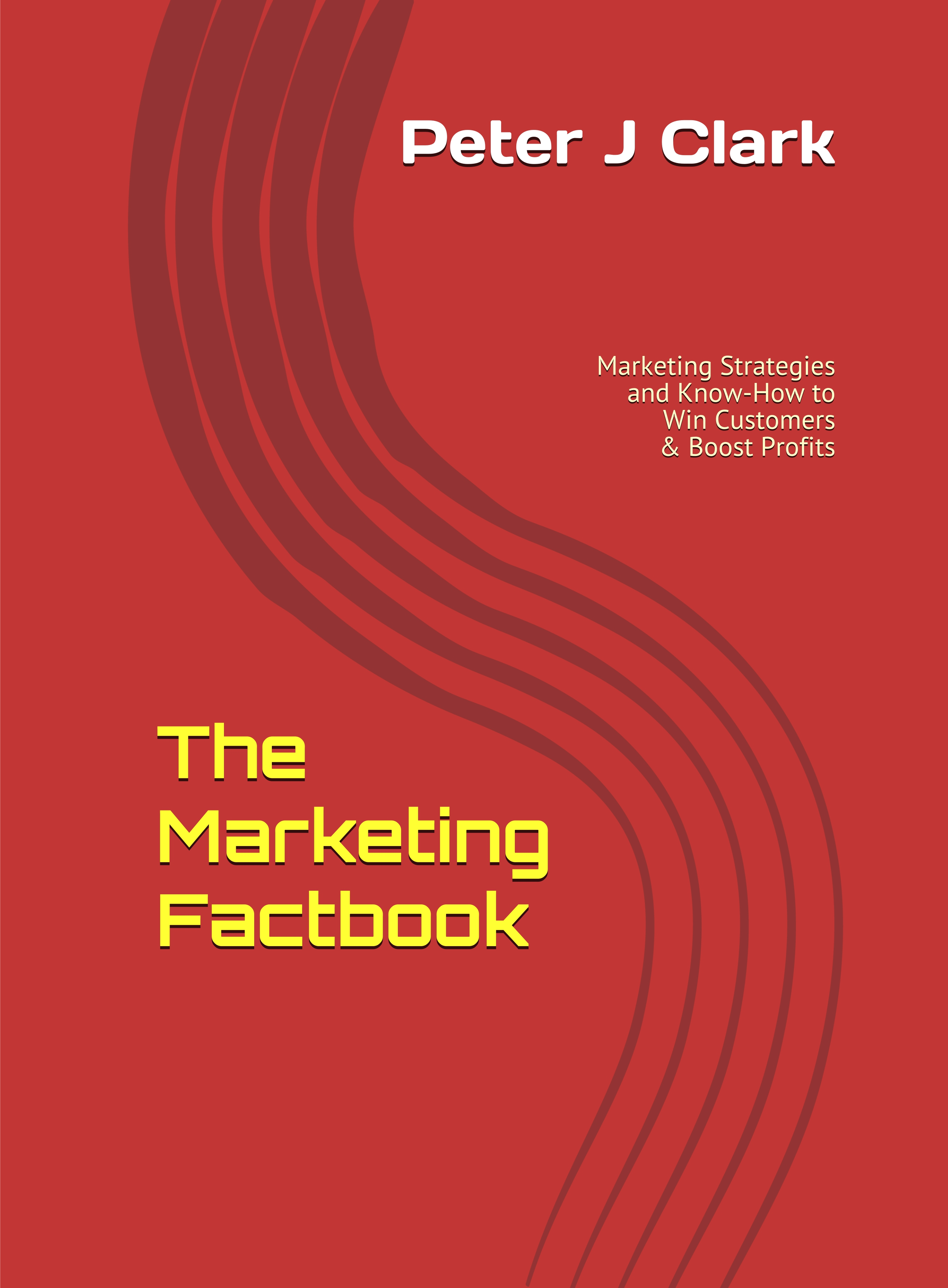Customer Loyalty must go 'Back To The Future'
Loyalty marketers should be using the current consumer spending 'boom time' to build stronger reward strategies that will keep customers coming back for more even when times aren't so good, according to Guy Deslandes, e-Commerce sales director for Collinson Latitude, who here examines the key loyalty trends that every reward programme should be considering this year.
In 2013, UK consumers spent a huge £11 billion purchasing festive gifts online and 2014's forecast was similarly high at £13 billion - a year on year boost of 18%. In store, it was a similar success story with £32 billion predicted to have been shelled out by festive Britons over the Christmas period.
With this seasonal boom marking the annual sales peak for the majority of businesses - retail and travel in particular - loyalty marketers should use this opportunity to implement reward strategies that will keep customers coming back. Considering the cost of retaining a customer is commonly reported to be around one tenth of the cost of acquiring a new one, the ROI potential for brands who successfully implement retention-bolstering reward programmes is potentially huge.
While driving customer loyalty may sound simple enough, in a world where consumers are faced with an abundance of choices, it is no easy feat for those in marketing and customer service tasked with the job.
Don't fall into the hyper-personalisation trap
'Big Data' was the corporate buzzword of 2014. While undoubtedly insights into consumer behaviour are invaluable to brands, a lazy overreliance on data - as a method of predicting consumer needs - started to create consumer backlash over the past 12 months.
Given the impulsive nature of today's consumer, it is little surprise that behavioural predictions are difficult. Consumers no longer follow the traditional sales cycle, they are prone to making purchases on a whim rather than making considered purchases that conform to patterns of behaviour. So why are some companies continuing to hyper-personalise their reward programmes?
The simple answer is that, historically, it has proved successful. In fact, our recent research found that 22% of people would still prefer to receive rewards more tailored to their needs. But this is not to say they don't want choice and variety too.
The one-size-fits-all approach is certainly a thing of the past, but so too is overzealous personalisation. To create a reward programme that keeps customers engaged, and away from the competition, brands need to provide consumers with variety and a choice of redemption options - not tell them what, when and how they should spend their points.
Look toward the next generation today
The mobile revolution has not crept up on brands - the majority have been taking steps to launch a mobile platform for the past few years. But if we take into account that an estimated 3.6 billion people now own a mobile phone, and of these some two billion are social media users, brands need to stop playing catch-up, and instead step ahead of the curve. How can brands future-proof their reward programme for the next technological innovation?
In short, brands need to be constantly looking ahead, not just focusing on the here and now. While, unfortunately, there is no crystal-ball-style gimmick at hand, brands need only look as far as the behavioural patterns of the next generation, millennials or Generation Y, to assess how reward programmes can be future-proofed.
This year, 18 to 29-year-olds spent an average 60% of their browsing time using a mobile device in the UK. For this generation, 24/7 connectivity is a deemed a necessity, rather than a benefit. These consumers, who will over time make up brands' core user base, interact with each other at lightning speed and are likely to respond to recommendations from their social network of peers.
In order to engage with tomorrow's key demographic, companies need to invest in nimble reward programmes today. One's that allow consumers to access their rewards programme from any location, at any time, on any device.
Offer instant gratification
Having information at their fingertips means todays connected consumer - the 'I want it now' generation - expect instant gratification. They are overwhelmed with choice and therefore need to be valued for their custom; with a general unwillingness to accumulate points for larger, long tail rewards.
Over the past year, this need for instant gratification has contributed to a rise in redemption options; with more consumers using a combination of cash and rewards to redeem more frequently. Quality and quantity are key here, as customers start seeking emotionally rewarding experiences - that allow them to redeem on a more frequent basis - such as access to music events, VIP festival passes and red letter days.
Evoking customer loyalty through rewards
Too often companies fall into the trap of casting too wide a net but it's clear that one size fits all reward programmes are a thing of the past. Today's consumers want to be offered a variety of rewards - with different redemption options - across every device and it's important that brands keep up.
"With recent research by CureSearch finding that between 25% and 40% of reward points go unused, it's important that brands start investing in reward programmes and incentives that will encourage members to redeem more frequently," concluded Deslandes. "With new directives around IFRIC on the horizon, reward programmes need to stop the 'wasting of points' trend of yesterday by meeting or exceeding consumer expectations for tomorrow."
Sources: Collinson Latitude / The Marketing Factbook.
Copyright © 2015 - 2025 The Marketing Factbook.
Categorised as:
- Customer Experience
- Customer Loyalty
- Knowing The Customer
- Marketing Know-How
- Marketing Technology
